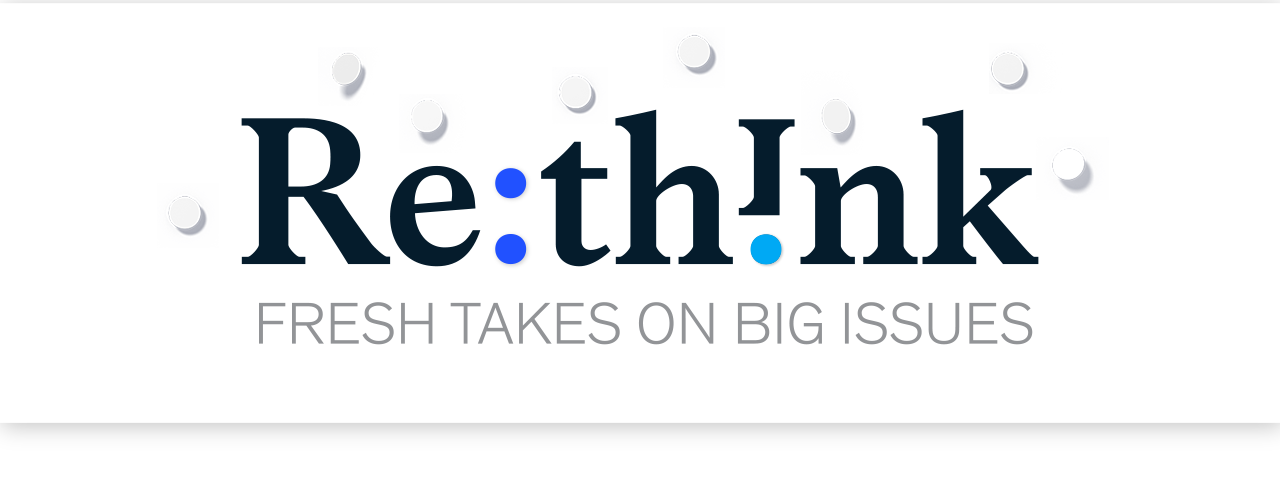 | |
|
|
|
ON SUSTAINABILITY LABELS
Sustainability labels that prompt consumers to buy
|
|
|
|
|
|
|
|
|
|
|
|
We know that consumers say they care about sustainability and other environmental, social, and governance (ESG) issues. All the consumer sentiment surveys show that. And consumer-packaged-goods (CPG) companies are motivated to pursue ESG strategies for lots of reasons beyond consumer demand: their investors care about it, their channel partners care about it, regulators care about it, and it’s the right thing to do.
But one frustration for CPG executives who are trying to support decisions about ESG-related investments has been a lack of broad-based spending data on this issue. Do consumers actually back their good intentions with their wallets?
We launched a study to find out. We collaborated with NielsenIQ, which has agreements with retailers under which it can obtain sales data from point-of-sale systems. Our study looked at almost half a trillion dollars of consumer spending over the past five years, across more than 30 CPG categories. The data set tagged 93 different claims relating to sustainability, or broader ESG concepts, on product labels—claims like “eco-friendly” and “fair trade.” We compared sales of products labeled with these types of claims with sales of similar products without any claims.
The biggest takeaway from the study results is that when you look across that broad set of purchases, there’s a clear link between ESG-related claims and sales growth. Products that didn’t have ESG-related claims on their labels grew, on average, 4.7 percent per year over the course of the past five years, while products that did have ESG claims grew 6.4 percent. In CPG, which generally grows in line with the economy, that delta is huge. Importantly, we also found that putting more than one ESG-related claim on a product label correlated with two times greater growth than putting only one claim on the label. It doesn’t seem like we’ve hit diminishing returns on this.
|
|
| |
|
“Products that didn’t have ESG-related claims on their labels grew, on average, 4.7 percent per year, while products that did have ESG claims grew 6.4 percent.” |
| |
|
That said, growth was not uniform. There were many categories in which products with ESG claims did not outperform. And we didn’t find a silver-bullet claim that was universally successful across categories. A specific claim that performed well in one category often didn’t perform as well in others. Still, our analysis holds that if a company creates environmentally and socially responsible products across its portfolio, it can have confidence that it should be rewarded in the aggregate by consumer demand.
One hypothesis we had going in was that niche brands and higher-priced products making ESG claims would perform better because the claims might be more integrated with their brand propositions. But while many such products did perform well, it turned out that private-label products (meaning store brands, which tend to be less expensive) with ESG claims correlated with the most consistent growth upside. Eighty percent of such products outperformed competitors that did not make ESG claims. This was in line with what we saw from NielsenIQ’s additional panel research, which involved speaking with consumer households to understand the “why” behind the numbers. The panel research found that ESG is relevant to all kinds of consumers across generations, incomes, ethnicities, and regions, so it matters for products up and down the price ladder.
The study did not investigate the veracity or impact of claims that were made on product labels. But it’s important to emphasize that this is not just about slapping a claim on a product and seeing what sells. What shows up on a product label must be rooted in authenticity and the real-world impact a company is delivering. Consumers are approaching the point of zero tolerance for greenwashing, and when you think about how quickly word travels on social media, and the power of consumers to boycott a brand, companies face significant risks if they attempt to make claims that aren’t grounded in genuine actions.
Companies should ask themselves what they stand for. Are they trying to drive decarbonization? Are they trying to drive fair labor practices? Human wellness? Product claims need to flow from these things. If you stand for something as a company, and have real impact, you ought to bring that forth in your products where appropriate. If you do, consumers have shown that they are willing to spend their dollars disproportionately on those products. What I hope companies take from this is that, when they look across their product portfolio, they’ll see many opportunities to have a positive impact on the world while also appealing to customer demand. The old adage that a company can do well by doing good appears to be as true as ever.
|
|
|
| |
| | |
| |
|
Eric Lamarre on generative AI |
|
To pave the way for all that generative AI has to offer, companies need to rewire how they work. There will need to be an evolution at multiple levels in the tech stack—but also in the workforce. |
|
|
| |
| |
|
This email contains information about McKinsey’s research, insights, services, or events. By opening our emails or clicking on links, you agree to our use of cookies and web tracking technology. For more information on how we use and protect your information, please review our privacy policy. |
|
You received this email because you subscribed to our McKinsey Quarterly alert list. |
|
|
Copyright © 2023 | McKinsey & Company, 3 World Trade Center, 175 Greenwich Street, New York, NY 10007 |
|
|
|
|





